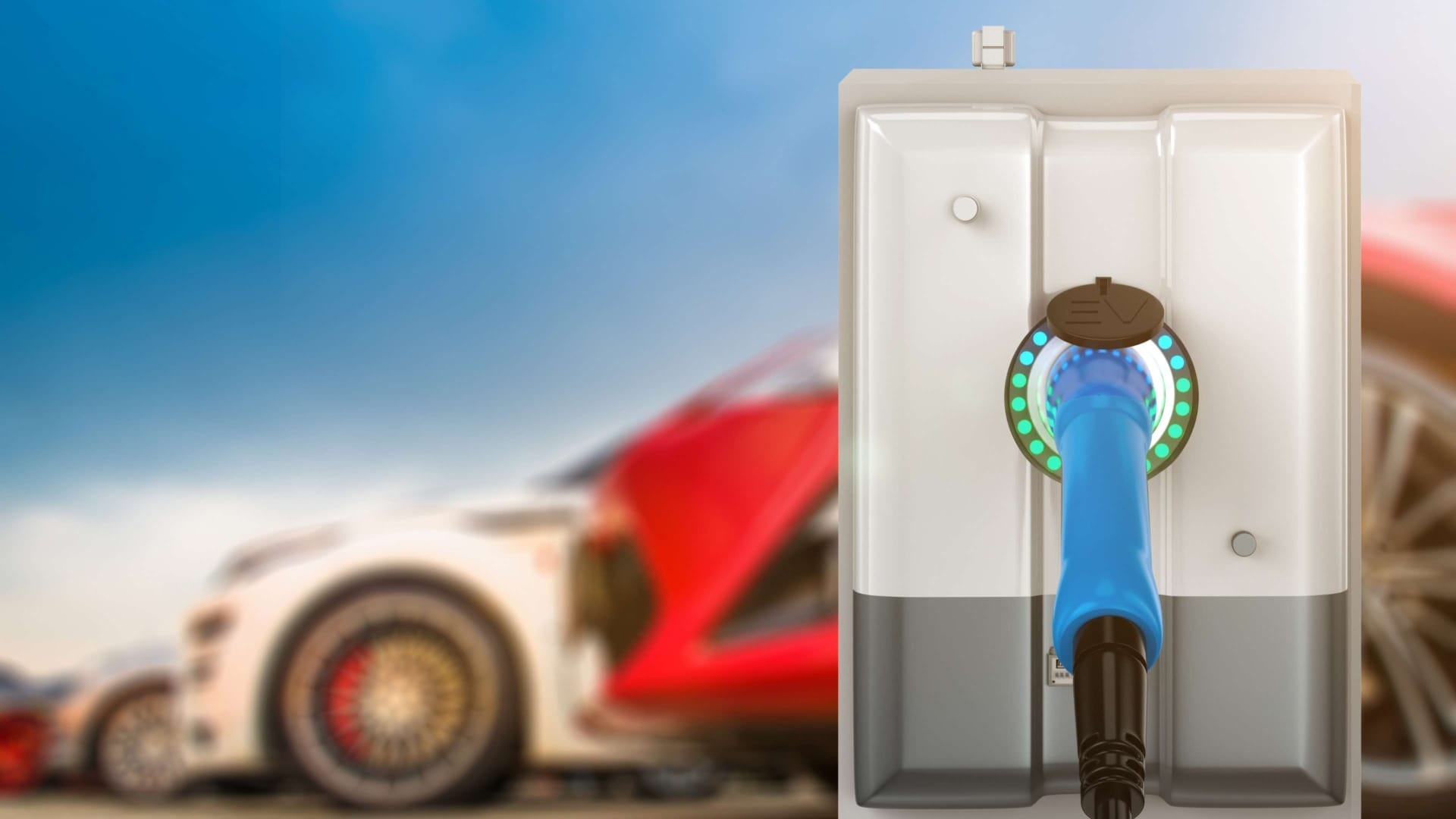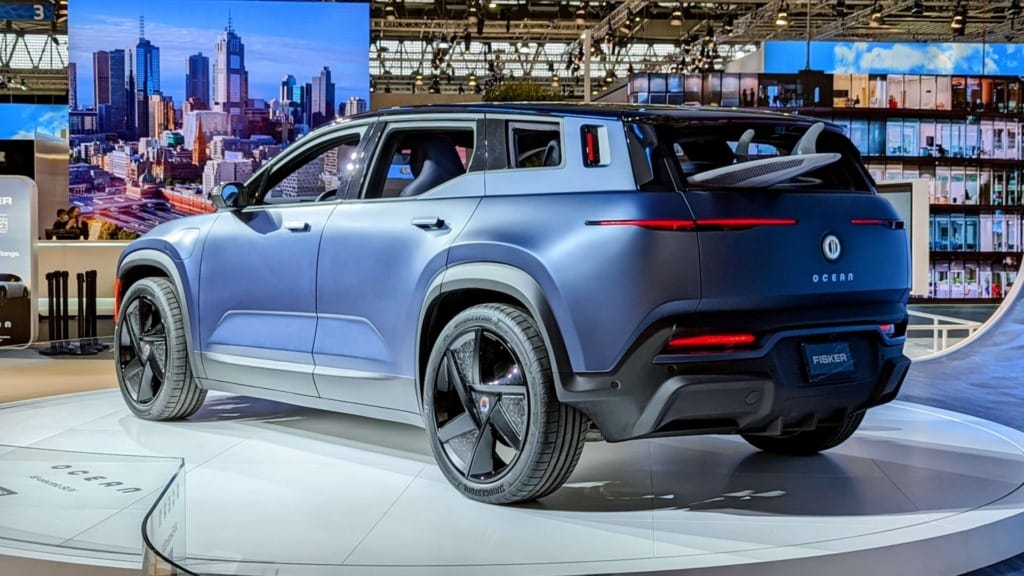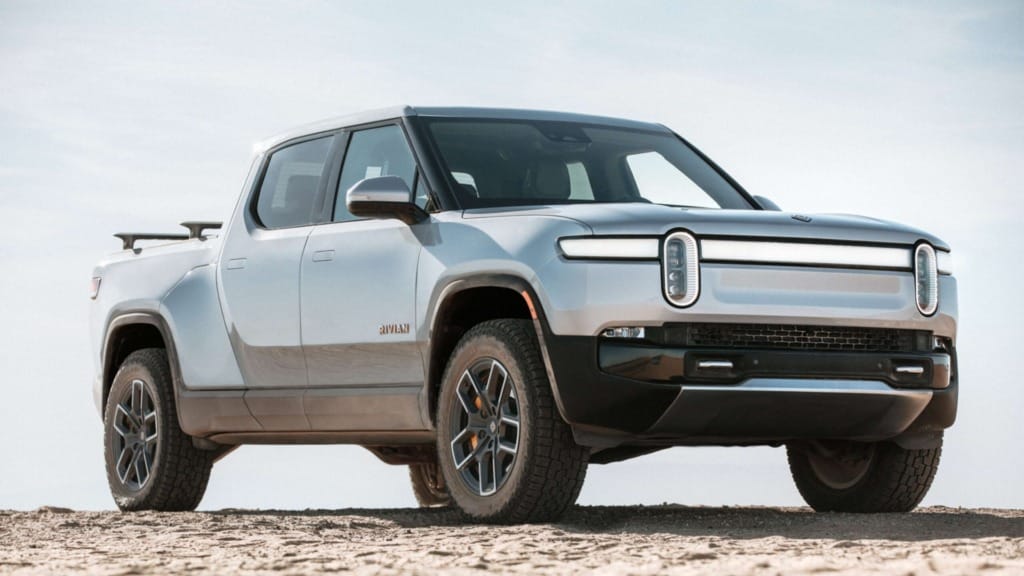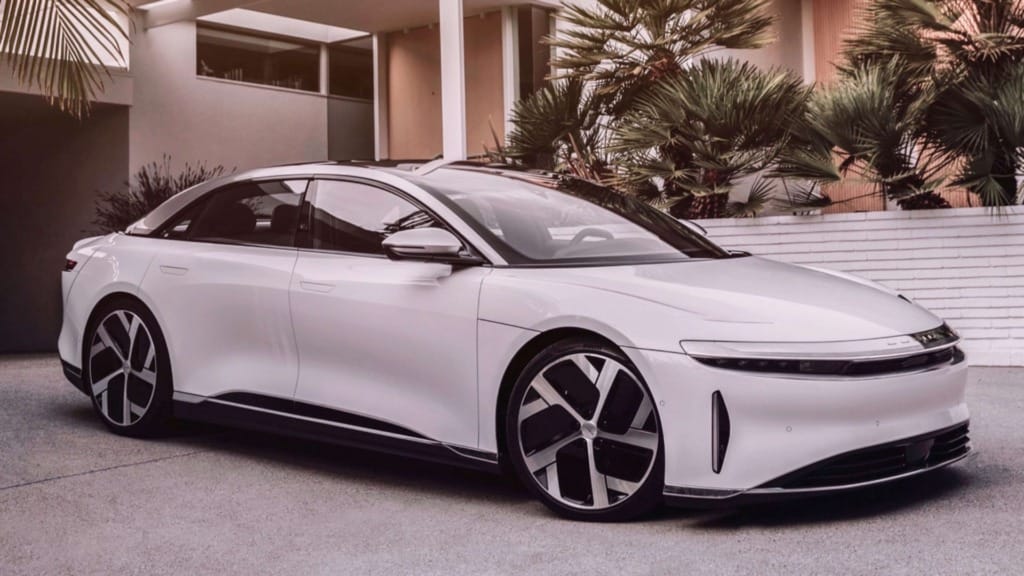What Rivian, Lucid, and Fisker reveal about the electric vehicle market
A look at Rivian, Lucid, and Fisker's financial results and their impact on the EV market.

It’s earnings season, and for those keen on electric vehicles (EVs) shaping the future of transport, the spotlight is often on Tesla. However, Elon Musk’s enterprise isn’t the lone contender in the realm of battery-electric vehicles. This week, three other dedicated EV companies—Rivian, Lucid Motors, and Fisker—also unveiled their financial results, presenting some alarming trends.
Table Of Content
Historically, Tesla, along with a few other specialised EV manufacturers it inspired, was expected to outpace traditional carmakers with their focus on electric drivetrains and battery technology. However, today, these older automotive giants are posting robust profits while the pure EV firms struggle.
Issues like price reductions, political challenges, and persistent doubts about the ease of charging EVs are deterring potential users. Rivian, Lucid, and Fisker are feeling the brunt of these challenges, each facing varying degrees of financial distress. Let’s examine their situations, starting with the most precarious.
Fisker faces critical challenges

Henrik Fisker’s second venture into car manufacturing is mirroring the decline of his initial attempt. The grim news originated not from Fisker itself but from Magna International, the contract manufacturer for Fisker’s sole model, the Ocean SUV. In its recent earnings report, Magna announced it would cease production of the Ocean, stating, “Our current outlook assumes no further production of the Fisker Ocean.” This discontinuation adds to Fisker’s woes, including a staggering $75 million in losses from this partnership.
Moreover, Fisker’s Austrian branch has begun restructuring processes akin to Chapter 11 bankruptcy. With just US$50 million remaining in its coffers, as per its latest SEC filings, Fisker is in dire straits. The company had previously cut the Ocean’s price by nearly 40% in a desperate bid for survival and is entangled in a US$13 million lawsuit over its other vehicle projects. Additionally, it was recently delisted from the New York Stock Exchange due to its falling share price.
Rivian’s precarious financial journey

Rivian, popular for its adventure-focused EVs, reported a first-quarter loss of US$1.45 billion in 2024, up from US$1.35 billion in the same period last year. Despite this, it has US$7.9 billion in liquid assets. However, further budget cuts seem inevitable for financial stability. The company has already enacted multiple layoffs.
On the brighter side, Rivian reported a 48% increase in production and a 70% rise in deliveries, with revenues climbing over 80%. The firm plans to consolidate production of its upcoming R2 vehicles at its Normal, Illinois, plant, aiming for an annual capacity of 215,000 units. But, as it stands, Rivian is in a vulnerable phase, commonly referred to as the “EV valley of death,” where increased production hasn’t yet translated into sufficient revenue, and without a significant financial backer, its situation is increasingly precarious.
Lucid’s strategic positioning

Lucid Motors, though producing fewer vehicles than Rivian, incurred less financial loss. It posted revenue of US$172 million in the first quarter—a 15% increase year-on-year—and reduced its losses to US$680.9 million. It currently holds US$2.2 billion in cash reserves. Despite a price cut of up to US$7,000 on its Air Pure sedan, Lucid has struggled to drive demand for its high-end vehicles.
Nevertheless, Lucid’s financial health is bolstered by substantial support from Saudi Arabia’s Public Investment Fund (PIF), which owns a 60% stake in the company. Just before its earnings release, Lucid announced an additional US$1 billion investment from PIF, boosting its stock to a month-high level.
As Rivian and Fisker navigate financial turmoil and Tesla intensifies the pricing competition, Lucid’s strategic backing enables it to advance more securely in the EV market.
















